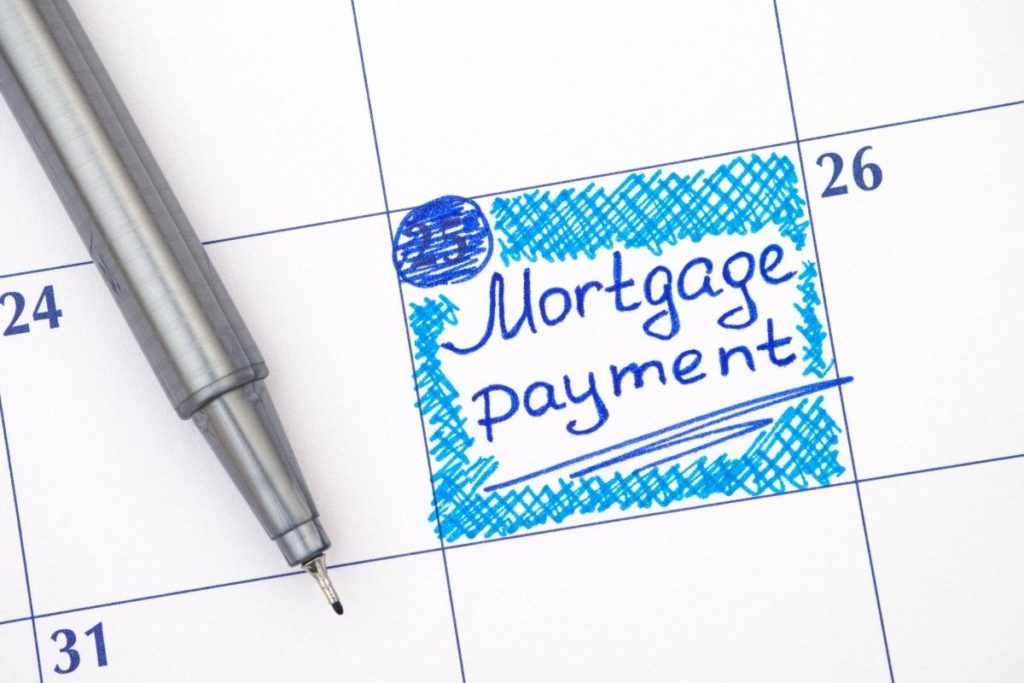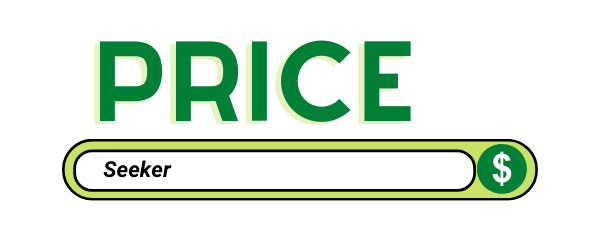If only shopping for a mortgage would be as enjoyable as shopping for new shoes, clothes, and electronics. Bargaining for such items and looking for new offers to save on some bucks uplifts your spirit. For some of us, shopping is just therapeutic. However, shopping for a mortgage is where we draw the line. It can be mood dulling since you have to do the following;
- Read lots of terms and conditions
- Read contracts
- Decode jargon
- Apply to several lenders
To make this process less time consuming and daunting, you should have a plan and a list of things to look for. Here are some things you should consider when looking for a mortgage plan to make the process as pain-free as possible.
How Much Can You Afford
A mortgage plan is a six-figure purchase, and so you are probably thinking just how much are you willing to part with. Do your calculations according to your financial state and come up with a figure. If you have a good credit score, lenders will be more optimistic about how much you can afford more than you. However, it’s important to note that they are selling a business, and you are the one spending. Therefore cut your coat according to your clothing.
A mortgage is a debt that you will probably be paying for a long time so leave some money for your spending so that you do not have to downgrade your lifestyle because of the debt. Most mortgages are paid monthly; hence you need to calculate the amount of money you can comfortably repay to your lender.
Consider The Mortgage Loan Period
The first time you heard the 30-year mortgage plan, you almost choked on your food, right? The thought of being tied down to debt for 30years is unfathomable. However, you can always opt for a mortgage with fewer years. Five years to ten years is bearable. Some lenders also allow you to write your program and develop the number of years you want the loan to run. Noteworthy, the amount you are willing to repay every month will determine how long the mortgage will run. If you are ready to pay more, then it will probably last for a shorter period. If your budget allows you to pay more, you will find that you will spend less interest in total during the life of the mortgage.
Additional Fees
Mortgages are not only a commitment, but they are also expensive. It is easy to miss out on the associated mortgage fees when doing your calculations. Before deciding on any mortgage plan, you have to read carefully through the terms and conditions of your lender to determine if there are any other additional charges to the plan. Also, you can inquire directly from them. Additional fees can vary significantly, with most lenders having more than one charge. Costs usually range from booking appointments to arrangement and valuation charges. Also, do not forget to check the security you are required to have for your new mortgage.
Overpayment Guidelines
What happens when your loan repayment is in excess? Will, your lender, roll over the overpaid amount to the next month, or will they knock a few years off your mortgage period. Whichever the case, you have to go through the elements of the mortgage carefully because circumstances change. Some months you may have money while others you may be strained, and the overpayment may come in handy. Therefore you need to conduct your research before making any overpayment.
Check the Deposit Required.
Is there a down payment needed to secure the house? The amount of down payment required will determine the mortgage products that are open to you and the interest rates. Typically the highest rates will be given to those with higher deposits. If you are buying a house for the first time, you should expect a deposit of at least 10% to access mortgage products. However, some mortgage plans in the market will offer you 100% of the house value. If you are remortgaging, you will have higher rates since your equity in the property will have grown; thus, you will have more choices.
Bottom Line
Choosing a mortgage plan is among the most significant decisions you will ever make in your life. Therefore you need to carry out extensive research on what you want to settle on. Watch out on lenders who will try to entice you with various incentives. For such lenders, you have to go through their terms to weigh the incentive against other things you could be missing out on, such as lower interest rates. If you feel burdened by the sheer number of things you need to consider, you can consult a financial planner or advisor.







